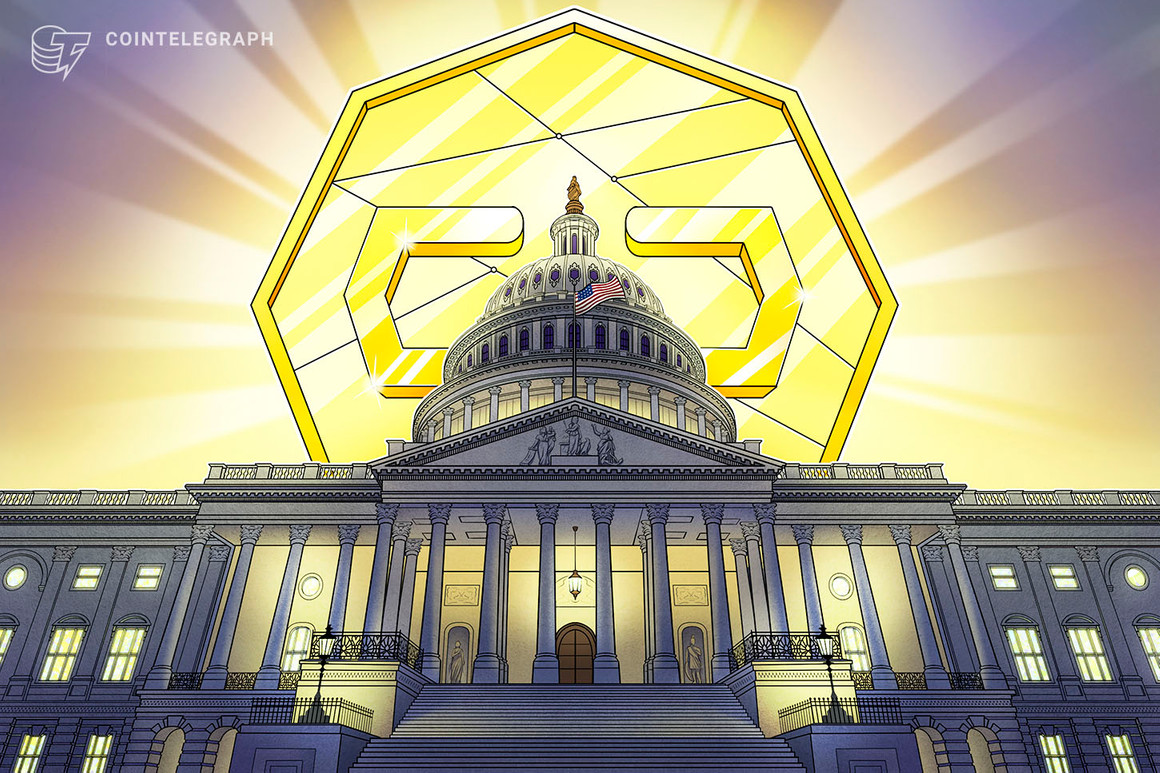Disclosure was an important theme at a United States House of Representatives hearing on digital asset regulation Thursday. Although chair of the House Agriculture Committee Subcommittee on Commodity Exchanges, Energy and Credit Sean Maloney specified that it would focus on gaps in the oversight and regulation of derivatives and underlying spot markets, the discussion ranged widely.
The Agriculture Committee oversees the Commodity Futures Trading Commission (CFTC), which regulates financial markets along with the Securities and Exchange Commission (SEC).
Chainalysis cofounder and chief strategy officer Jonathan Levin said in his testimony that cryptocurrency’s transparency provides unique insights into the markets, including their risks. The blockchain can unlock information about the entire network behind illicit activities.
Georgetown University law professor Christopher Brummer pointed out that disclosure law assumes issuers have access to information consumer do not have, while blockchain is transparent but hard to understand.
“Disclosures should be read, not just filed,” Brummer said several times in reference to consumer protection, adding that increasing the complexity of disclosure could create vulnerabilities for consumers.
Input Output Global CEO Charles Hoskinson spoke about “mindset” and emphasized the importance of principles and the need to strive for “efficacy over strictness” in the rapidly evolving, global market. He later expressed the opinion that no regulators are doing a good job with Know Your Customer/Anti-Money Laundering safeguards at the moment, however.
As the participants moved on to more specific questions, CFTC market oversight division director Vincent McGonagle said his agency has the expertise to oversee the cash market for crypto. That market is now regulated by state money transmission laws, but there are multiple proposals to grant the CFC authority over it. The state laws have a different purpose from the CFTC’s concerns, McGonagle said, and centralized clearing adds a layer of consumer protection.
Related: US congress research agency weighs in on UST crash, notes gaps in regulation
Digital assets are defined as commodities, McGonagle said, but the SEC can determine when they are securities. Determining the point at which securities are fully decentralized and no longer subject to SEC oversight is a “tangled web,” McGonagle continued, and there is no legal mechanism for transferring those commodities back to CFTC oversight.
